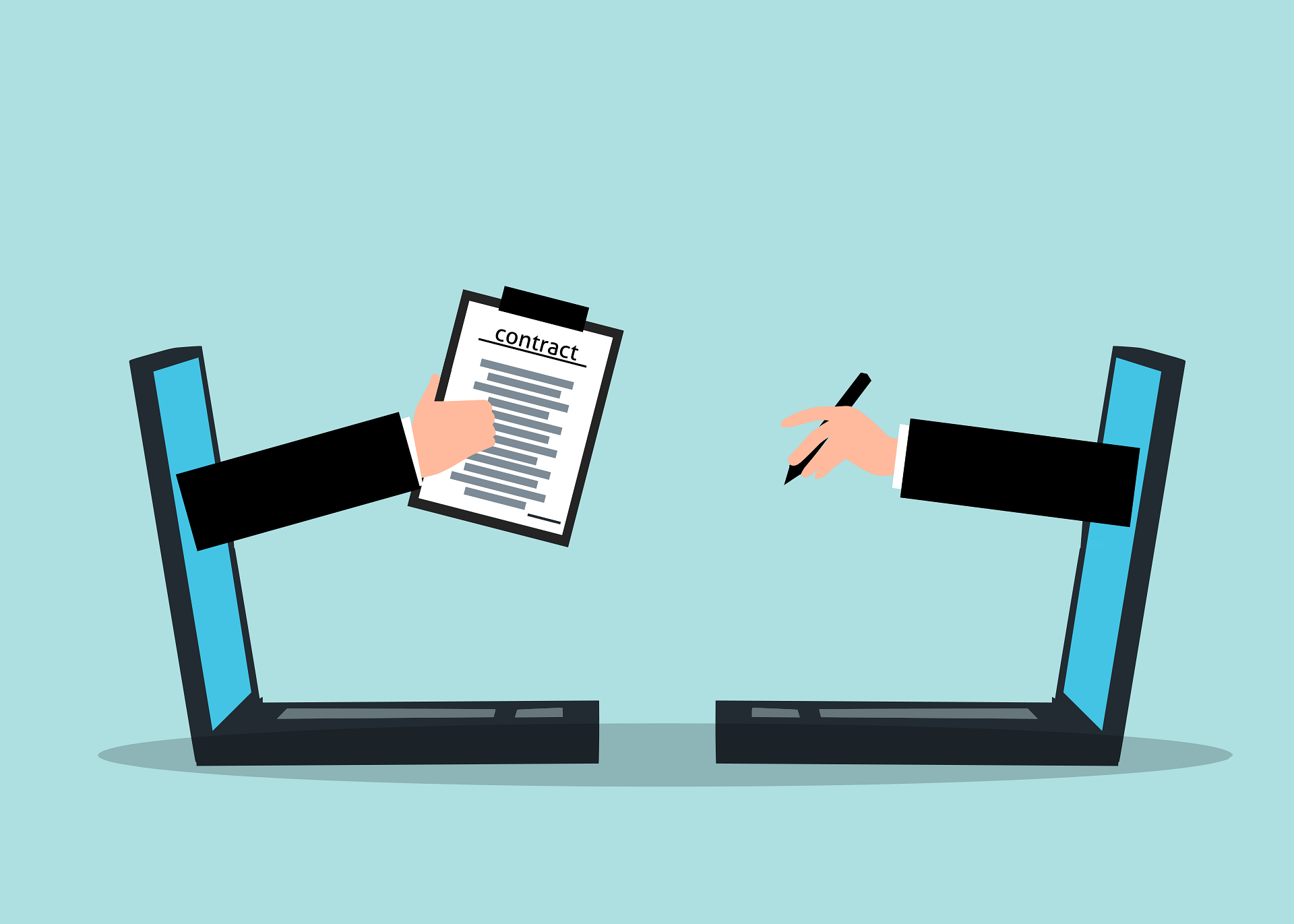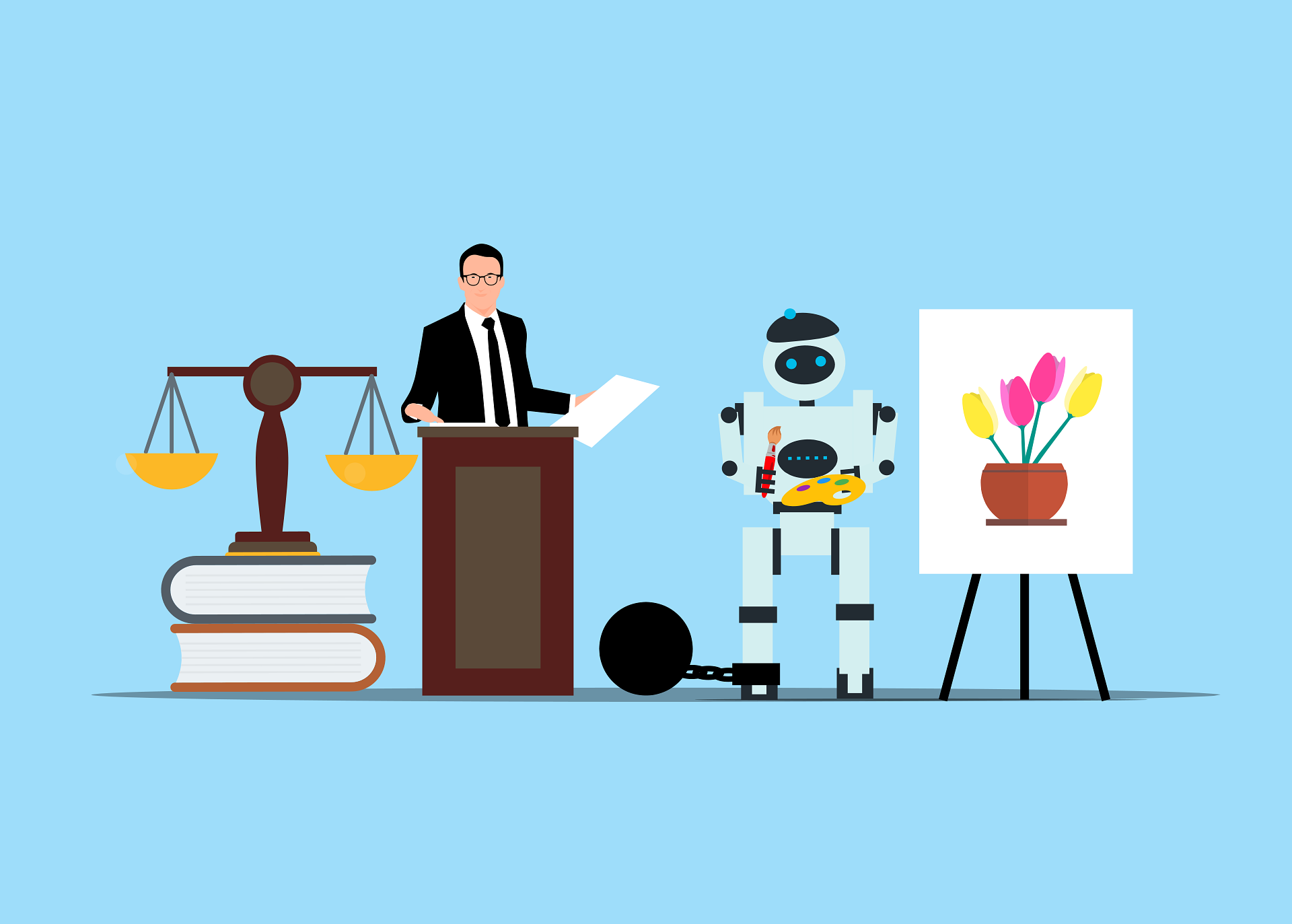
The Coming Collision Why AI Communication Privilege Is Inevitable
The law moves slowly until it doesn’t. For years, courts dismissed the idea that digital communications deserved special protection—until they recognized that email deserved the same privacy expectations as paper letters. They scoffed at the notion that cell phone searches required warrants – until the Supreme Court unanimously declared in Riley v. California that “digital is different.” Now another collision approaches between legal doctrine and technological reality, and this time the stakes are higher.
As millions of people pour their secrets into AI systems, believing these conversations carry the confidentiality of sessions with lawyers or doctors, the legal system offers them no protection whatsoever. When The New York Times persuaded a federal judge to order OpenAI to preserve all ChatGPT conversations – including those users had deliberately deleted – the collision became visible. The question is no longer whether AI communication privilege will emerge, but when, how, and under what circumstances.
The Privilege Paradox
American privilege law operates on a deceptively simple principle: certain communications must remain confidential to function effectively for society’s benefit. Attorney-client privilege doesn’t protect lawyers; it ensures clients speak honestly about their legal troubles. Doctor-patient confidentiality doesn’t serve physicians; it encourages patients to reveal symptoms they might otherwise hide.
Yet AI communications – which increasingly serve identical functions – exist in a legal void. A criminal defendant who discusses strategy with ChatGPT before consulting an attorney creates discoverable evidence that could undermine their defense. A corporate executive who explores sensitive business options through an AI system generates potential smoking guns for shareholder litigation. A patient who seeks mental health support from an AI therapist enjoys none of the confidentiality protections afforded to traditional therapy.
This paradox creates perverse incentives. Wealthy individuals can speak freely to $500-per-hour professionals with absolute legal protection, while those seeking equivalent support from AI systems – often because they cannot afford human alternatives – receive no confidentiality protection. The law has inadvertently created a privilege hierarchy based not on the nature or importance of the communication, but on its accessibility and cost.
The Technical Revolution, Legal Lag
The disparity grows more acute as AI systems become more sophisticated. Modern large language models don’t simply provide information; they engage in complex reasoning, offer therapeutic insights, provide legal analysis, and serve as confidential advisors on sensitive matters. Users naturally develop expectations of confidentiality that mirror those in traditional privileged relationships.
Meanwhile, the legal system treats these interactions as mere data exchanges with commercial entities. When OpenAI CEO Sam Altman observed that “people talk to ChatGPT about the most intimate aspects of their lives,” he wasn’t describing a business problem but a legal anomaly. The technology has evolved faster than the law’s capacity to recognize what these relationships have become.
The New York Times litigation crystallized this disconnect. When a federal magistrate ordered OpenAI to preserve all user conversations indefinitely – even those specifically deleted by users – the order treated millions of intimate AI conversations as routine business records. No court would casually order preservation of attorney-client communications or therapy session records without extraordinary justification. Yet AI conversations received no special consideration.
The Doctrinal Foundation
Critics argue that AI systems cannot warrant privilege protection because they aren’t human professionals bound by ethical codes. This misunderstands the nature of legal privilege, which protects communications serving specific societal functions, not the entities providing those services.
Attorney-client privilege already covers communications with junior associates, paralegals, interpreters, and technological systems used in legal practice. The privilege follows the function, not the form. When AI systems perform therapeutic, advisory, or counseling functions that traditionally enjoyed privileged protection, the communication serves identical societal interests regardless of whether the recipient is human or artificial.
Federal Rule of Evidence 501 provides the framework for this evolution. The rule grants courts authority to develop privilege law through case-by-case analysis, guided by “the principles of the common law as they may be interpreted by the courts of the United States in the light of reason and experience.” Both reason and experience support AI privilege recognition when communications serve traditionally privileged functions.
The Constitutional Dimension
Constitutional principles strengthen the case for AI privilege. The Fourth Amendment’s privacy protections increasingly recognize that digital communications deserve protection equivalent to physical documents. In Riley v. California, the Supreme Court acknowledged that digital information implicates “privacy concerns far beyond those implicated by the search of” physical objects, noting that cell phones contain “a digital record of nearly every aspect of” users’ lives.
If the Fourth Amendment recognizes heightened privacy interests in digital information, it logically extends to AI communications containing equally sensitive personal information. The First Amendment’s protection of freedom of expression includes the right to seek information and counsel confidentially – a right that becomes meaningless if citizens cannot communicate with AI advisors without fear of disclosure.
The Fifth Amendment’s protection against self-incrimination also supports AI privilege. If individuals can be compelled to produce AI communications revealing their thoughts, strategies, and confidential deliberations, the privilege against self-incrimination loses practical meaning in the digital age.
The Practical Imperative
Beyond constitutional considerations, practical realities demand AI privilege recognition. Modern AI systems already possess technical capabilities to maintain truly privileged communications through end-to-end encryption, secure processing, and confidential computing technologies. Unlike human professionals who might be subpoenaed to testify about client communications, properly designed AI systems can be engineered to make privilege violations technically impossible.
This technical reality undermines arguments that AI privilege is impractical or unenforceable. AI systems might actually provide stronger privilege protection than human professionals, who remain vulnerable to coercion, memory failure, and ethical lapses.
The economic implications are equally compelling. Legal uncertainty around AI communications creates unnecessary risks for both users and providers, limiting beneficial AI adoption precisely when society needs these technologies most. Clear privilege protections would remove barriers to innovation while ensuring appropriate safeguards for sensitive communications.
The Litigation Laboratory
The New York Times case provides a preview of coming conflicts. While OpenAI appeals the preservation order, arguing it violates user privacy expectations, the fundamental question remains unresolved: should AI communications receive privilege protection when they serve traditionally privileged functions?
The case also demonstrates how current legal frameworks inadequately address AI communication realities. The magistrate judge’s order treated user privacy as secondary to corporate litigation needs, preserving millions of intimate conversations for potential discovery without considering whether users had legitimate confidentiality expectations.
Similar cases will proliferate as AI adoption accelerates. Criminal defendants will argue that AI strategy discussions should receive work product protection. Patients will claim that AI therapy sessions deserve medical privilege. Corporate executives will assert that AI business consultations should be protected from discovery.
The Path Forward
Courts need not wait for Congressional action to begin recognizing AI privilege in appropriate circumstances. Rule 501’s framework allows incremental development, beginning with limited recognition in specific contexts – therapeutic AI communications, AI-assisted legal consultations, or AI systems used within traditional privileged relationships.
This evolutionary approach would allow privilege doctrine to develop organically while addressing the most pressing concerns. Circuit courts could establish initial parameters, creating precedents for broader application as AI technologies and legal understanding mature.
Congressional action remains preferable for comprehensive solutions. Federal legislation could establish clear standards, appropriate limitations, and uniform national policies. Such legislation should define AI privilege narrowly, include standard exceptions for criminal activity and imminent harm, and establish technical requirements ensuring privilege protection remains meaningful in practice.
The Inevitable Recognition
The question isn’t whether AI communication privilege will emerge, but how quickly legal institutions will adapt to technological realities. History demonstrates that legal doctrine eventually recognizes new forms of privileged relationships when they serve essential societal functions. From medieval attorney-client privilege to modern psychotherapist-patient confidentiality, the law has consistently evolved to protect communications crucial to social functioning.
AI privilege represents the next chapter in this evolution. The technology exists to support it, the constitutional principles demand it, and the practical needs require it. The only question is whether the legal system will develop AI privilege through thoughtful doctrinal evolution or crisis-driven reaction to privilege violations that shock the judicial conscience.
The Stakes
The stakes extend beyond individual privacy to encompass the fundamental relationship between law and technology in democratic society. If legal institutions fail to adapt privilege doctrine to AI communications, they risk creating permanent digital underclasses – those whose communications receive protection based on economic access to human professionals, and those left vulnerable by their reliance on accessible AI alternatives.
More broadly, the AI privilege question will define whether legal doctrine can evolve gracefully with technological advancement or will remain perpetually reactive to innovations that outpace regulatory frameworks. The Supreme Court’s recognition in Riley that “digital is different” established precedent for constitutional adaptation to new technologies. AI privilege represents the next test of this principle.
The Time for Recognition
Every day that passes without AI privilege recognition creates negative precedents that become harder to overcome. Courts routinely ordering preservation of AI communications, discovery requests treating AI conversations as ordinary business records, and prosecutions using AI discussions as evidence all establish precedents that diminish privacy expectations.
The legal profession has historically demonstrated capacity to adapt privilege doctrine to serve changing societal needs. AI privilege requires no revolutionary legal innovation – merely application of existing principles to new technological realities. The framework exists, the need is apparent, and the technical capabilities are available.
What remains is institutional will to recognize that millions of Americans already treat AI communications as confidential, creating legitimate expectations that law should protect. The collision between legal doctrine and technological reality has arrived. The only question is whether the legal system will adapt gracefully or be forced to respond reactively to crises of its own making.
The choice is clear: evolve privilege doctrine to match communication realities, or watch fundamental legal protections become obsolete in the digital age. The courts and Congress must act not because AI privilege is revolutionary, but because it represents the natural evolution of principles as old as the law itself. In an age where artificial intelligence serves increasingly human functions, legal protection must evolve to serve increasingly human needs.

Founder and Managing Partner of Skarbiec Law Firm, recognized by Dziennik Gazeta Prawna as one of the best tax advisory firms in Poland (2023, 2024). Legal advisor with 19 years of experience, serving Forbes-listed entrepreneurs and innovative start-ups. One of the most frequently quoted experts on commercial and tax law in the Polish media, regularly publishing in Rzeczpospolita, Gazeta Wyborcza, and Dziennik Gazeta Prawna. Author of the publication “AI Decoding Satoshi Nakamoto. Artificial Intelligence on the Trail of Bitcoin’s Creator” and co-author of the award-winning book “Bezpieczeństwo współczesnej firmy” (Security of a Modern Company). LinkedIn profile: 18 500 followers, 4 million views per year. Awards: 4-time winner of the European Medal, Golden Statuette of the Polish Business Leader, title of “International Tax Planning Law Firm of the Year in Poland.” He specializes in strategic legal consulting, tax planning, and crisis management for business.



